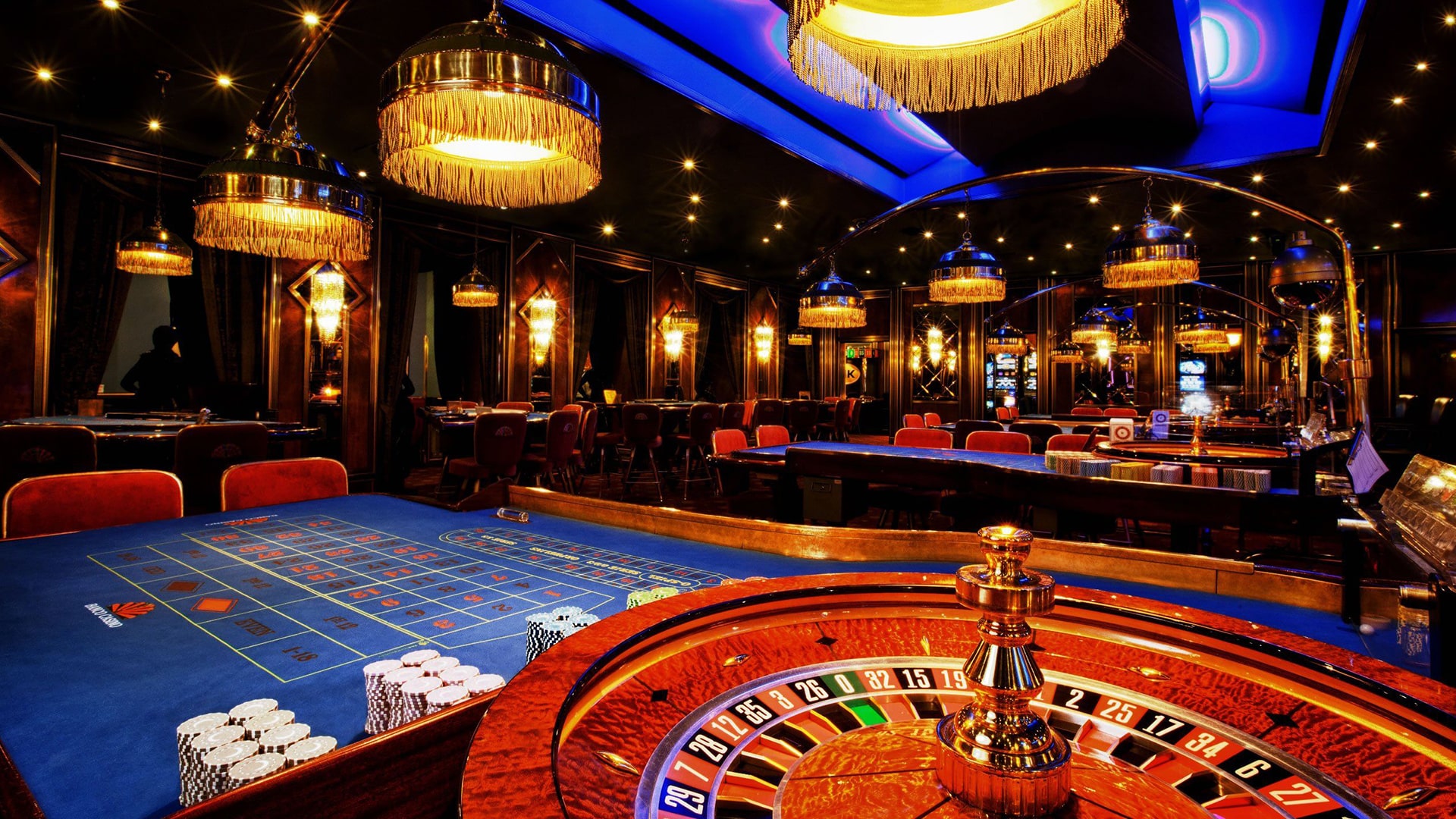
Casino games have captivated gamblers for decades, pulling them into a universe of excitement, chance, and wealth. bukti4d resmi From the flashing lights of gambling machines to the intense intensity of poker tables, these experiences offer a special blend of fun and risk. However, below the facade of this glitz and glamour lies a intricate interplay of calculations that influences every conclusion and decision made within the gaming hall.
Grasping this connection between gambling games and math merely enhances the player’s journey but also can help players make knowledgeable choices. Whether you are a casual punter or a dedicated enthusiast, recognizing the numerical strategies at play can give valuable insights into likelihood, probabilities, and strategies, finally shaping how one tackles these games of chance.
Arithmetic Likelihood in Gambling
In the realm of gambling activities, statistical probability plays a crucial role in assessing outcomes and guiding gambler choices. Each activity has a unique set of regulations and a specific probability framework that influences its mechanics. For instance, in activities like roulette, players must understand the chances of landing a certain number or shade. The probability of specific events happening can be calculated, and this understanding can greatly influence betting tactics.
Players also need to be aware of the casino advantage, which is the statistical advantage that casinos hold over players in the long run. This advantage varies across different games. In blackjack, skilled players can use tactics to reduce the house advantage to as little as one percent, while in games like slots, the house edge can be substantially larger. Comprehending the house edge allows gamblers to make informed choices about which games to participate in and how much to bet.
Furthermore, probability is essential in the principle of risk versus reward in gambling. Each wager carries a specific risk factor, and players must consider the possible return against that risk. Activities like poker require gamblers to not only calculate the odds of their personal hand winning but also to evaluate the probabilities of their opponents’ showings. By utilizing mathematical concepts to their strategy, players can improve their odds of winning and participate more effectively in the exciting realm of gambling activities.
Expected Worth in Casino Games
When talking about gambling activities, one of the basic concepts rooted in math is the anticipated worth. This numerical measure helps players grasp the potential outcomes of their wagers over time. In basic terms, anticipated worth (EV) calculates the mean amount a gambler can anticipate to gain or suffer per bet if they were to play the game many times. Each activity has its own EV, affected by the probabilities and the house edge, which indicates the benefit that the gambling establishment holds.
For example, consider a game like the roulette game. The anticipated worth can be derived based on the particular bet made. If a gambler bets on a single number, the return is 35 to 1, but the true odds of winning that wager are 1 in 37 (in Euro roulette). This results in a negative expected value, showing that, on the whole, players will incur a loss money over a period when playing this type of bet. Grasping this idea allows gamblers to make more informed choices about which games and bets may be less advantageous.
Furthermore, the exploration of expected value can lead to improved bankroll management. Players who understand the mathematics behind their activities are often able to set practical expectations. By recognizing their potential deficits and gains, they can adjust their playing strategies accordingly, which may improve their total gaming experience overall. As a consequence, expected value serves as a critical tool for both beginner and seasoned players to navigate the frequently volatile character of gambling games.
Tactics and Odds: The Arithmetic Behind Success
In gambling games, comprehending the odds is essential for gamblers seeking to boost their likelihood of winning. Each contest has its own unique set of odds that determine successful performances, and these figures are often located in the gaming guidelines or payout tables. For example, in activities like blackjack, players can improve their odds through methods such as tracking cards, which depends on mathematical principles to gain an advantage over the casino. By acquainting themselves with the probabilities, participants can make more educated determinations on when to place bets and when to fold.
Additionally, the idea of average value plays a significant function in gaming tactics. Expected value calculates the typical outcome of a stake over the long run, allowing gamblers to evaluate whether a certain stake is valuable taking. For example, fruit machines have a set payout percentage, which can suggest the expected profit a participant can expect on their wagers. By choosing games with higher payout percentages, participants can lessen the house advantage, enhancing their potential returns in the long run.
Finally, successful players often utilize a combination of luck and mathematical strategy to improve their gaming experience. While luck is uncontrollable, managing a staking plan based on mathematical insights can lead to more favorable outcomes. By making use of techniques such as bankroll management and choosing games, gamblers can apply math to navigate the random nature of casino games, making the most of their efforts and resources at the casino.